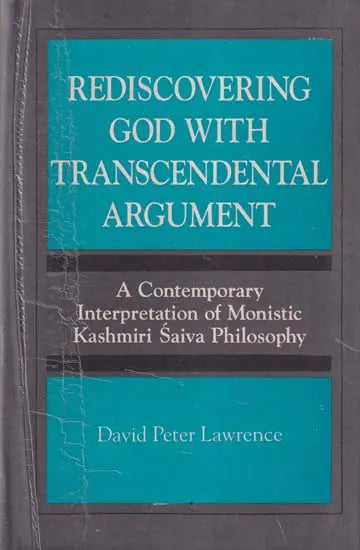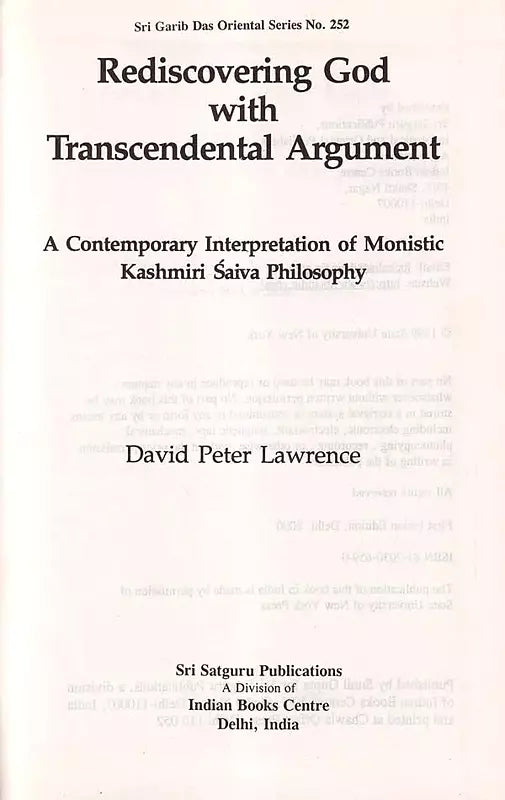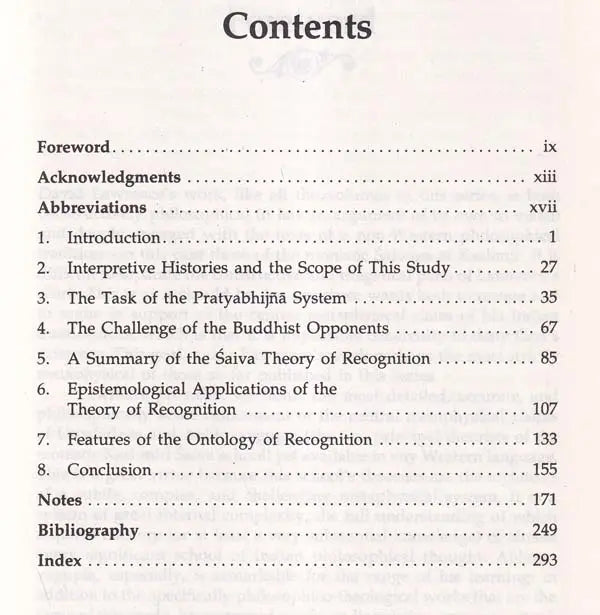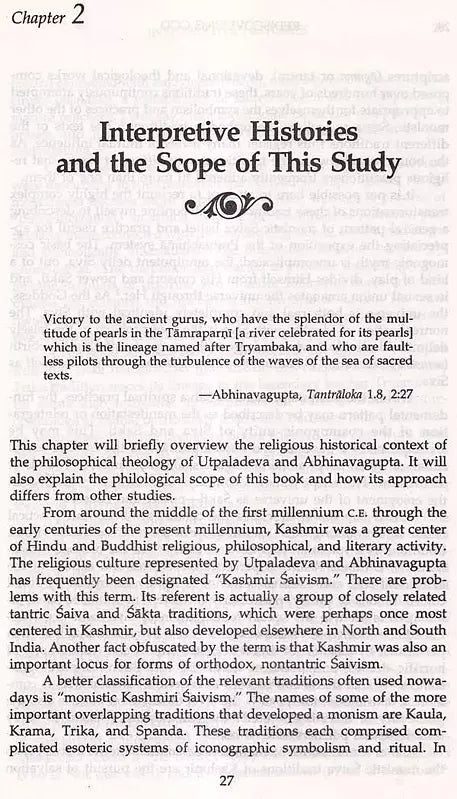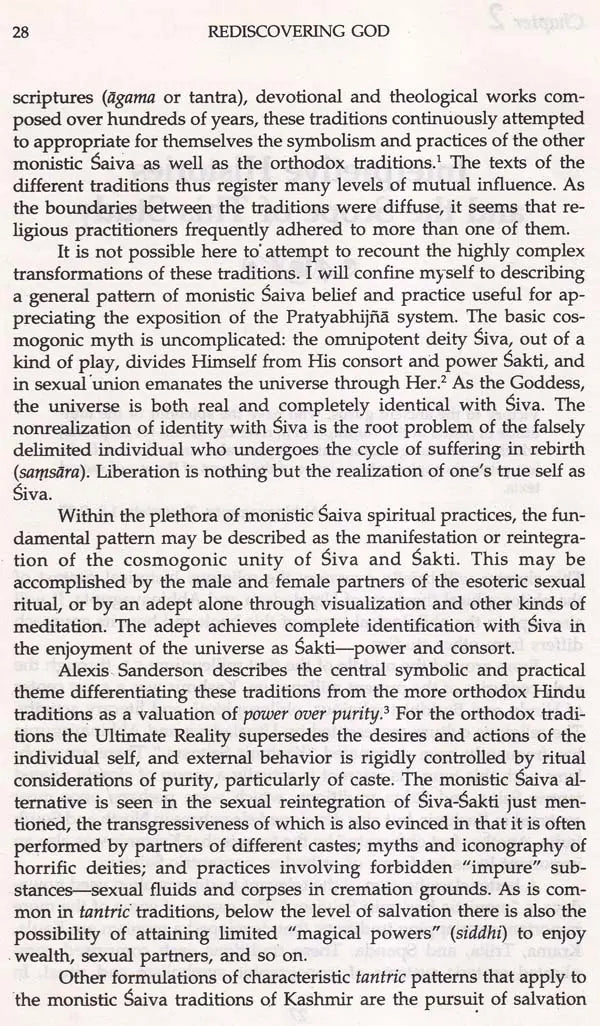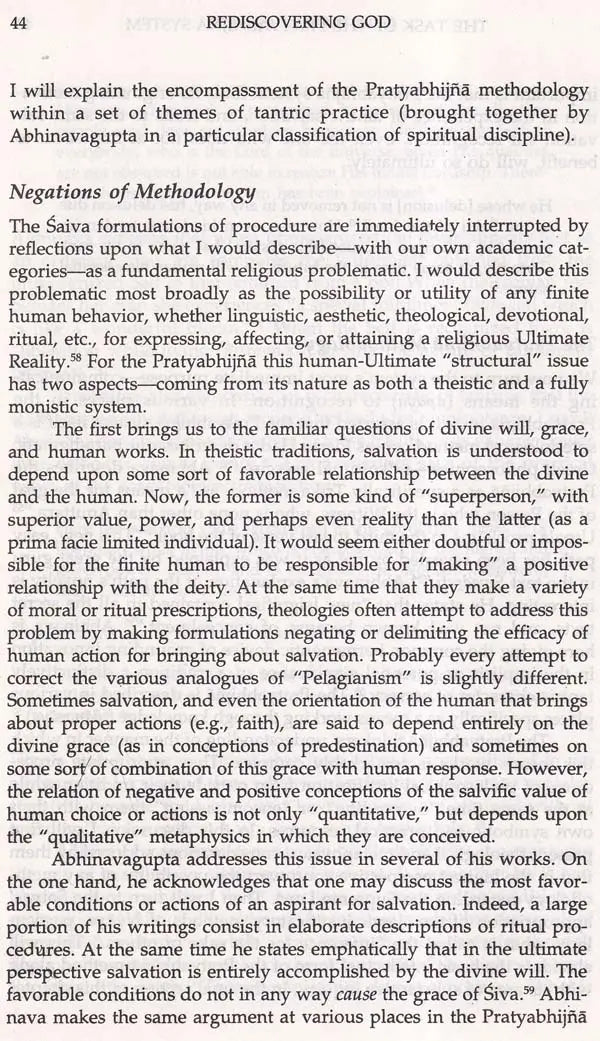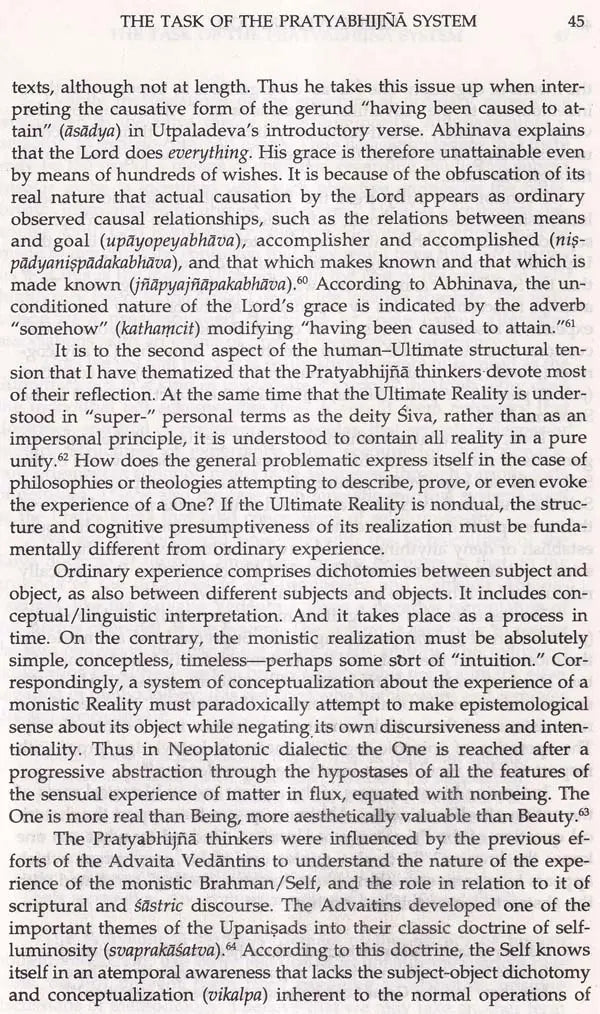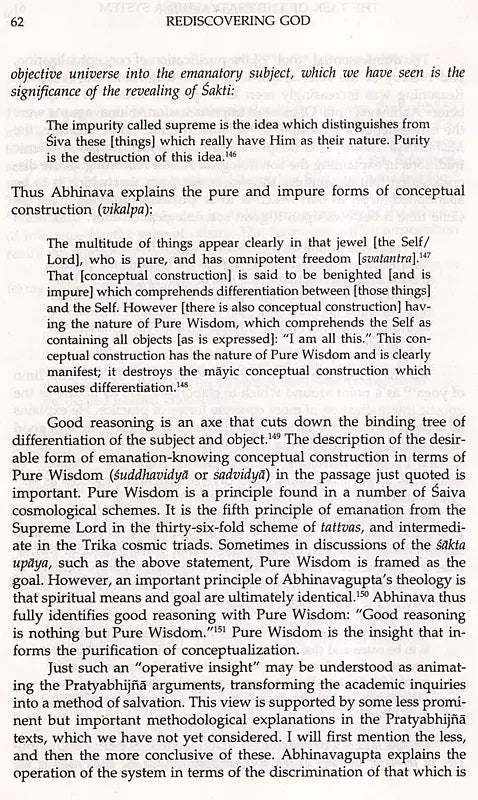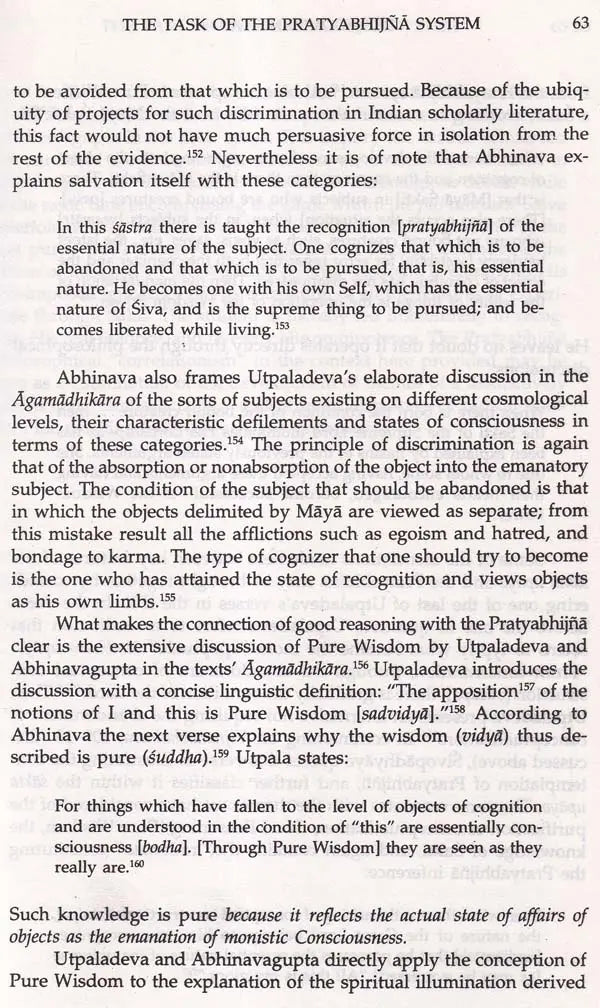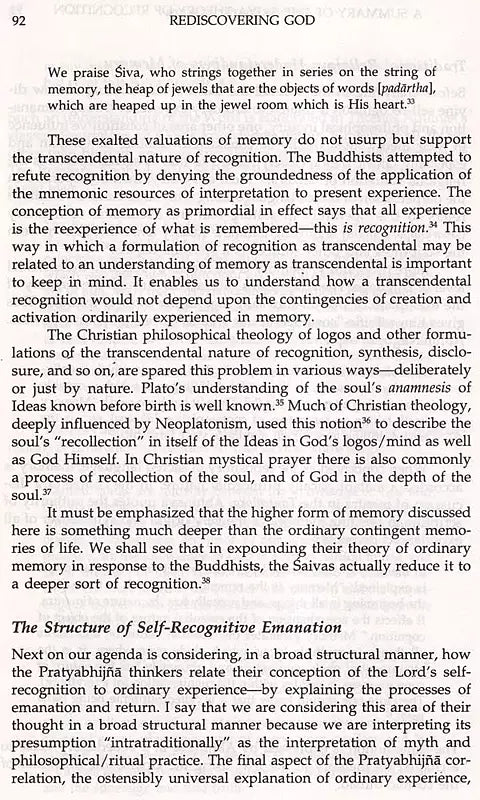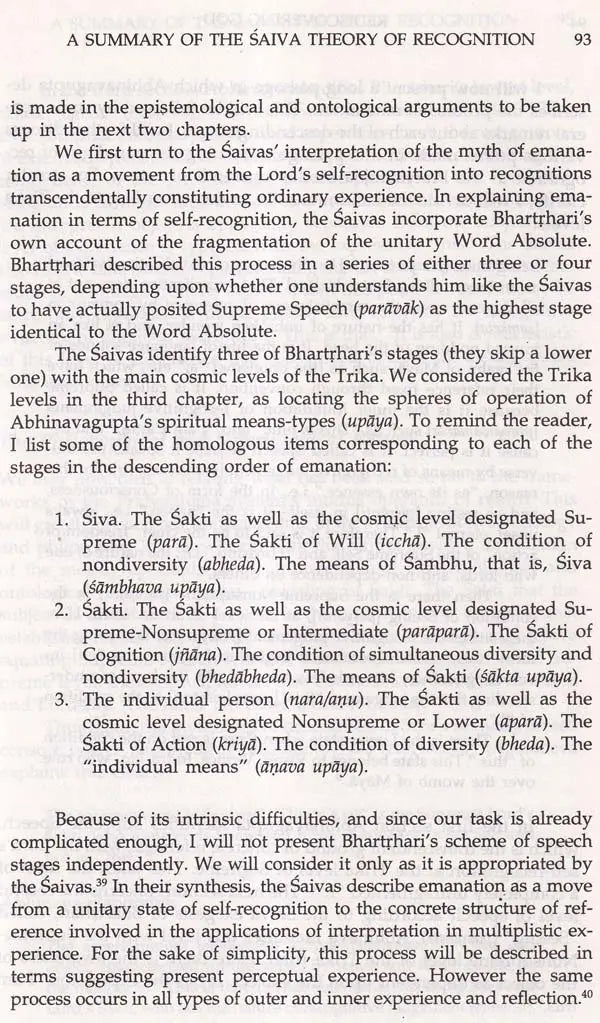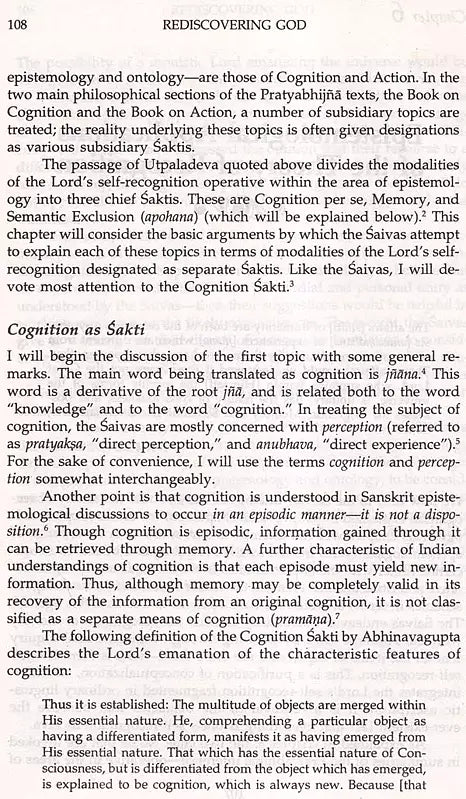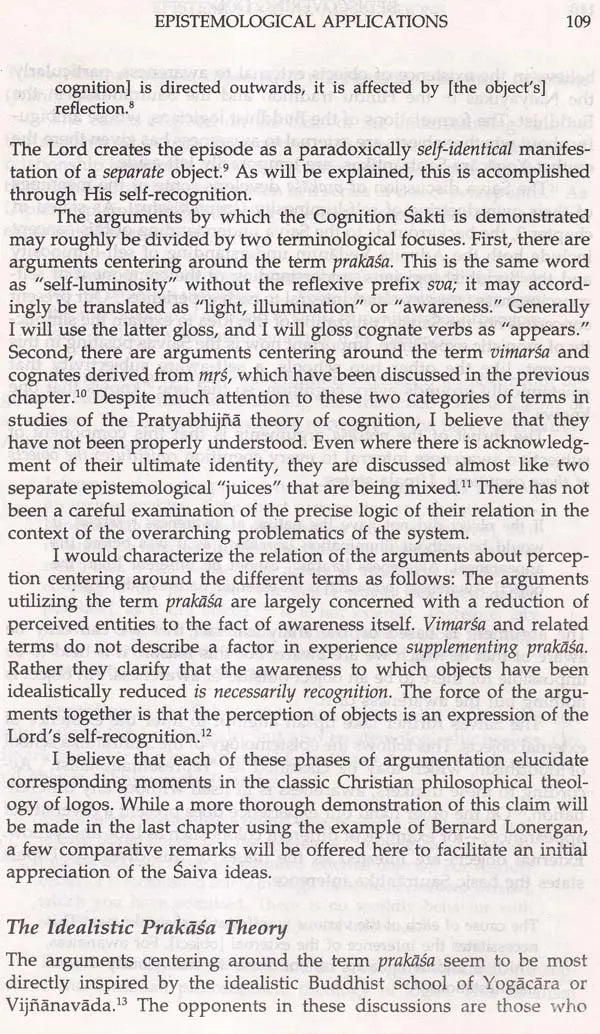Rediscovering God with Transcendental Argument
Rediscovering God with Transcendental Argument is backordered and will ship as soon as it is back in stock.
Couldn't load pickup availability
Genuine Products Guarantee
Genuine Products Guarantee
We guarantee 100% genuine products, and if proven otherwise, we will compensate you with 10 times the product's cost.
Delivery and Shipping
Delivery and Shipping
Products are generally ready for dispatch within 1 day and typically reach you in 3 to 5 days.
Book Details:
-
Author: David Peter Lawrence
-
Publisher: Sri Satguru Publications
-
Language: English
-
Edition: 2000
-
ISBN: 9788170306597
-
Pages: 323
-
Cover: Hardcover
-
Dimensions: 23 cm x 15 cm
-
Weight: 501 gm
About the Book
David Peter Lawrence’s landmark study delves into the profound philosophical and metaphysical thought of monistic Śaivism in Kashmir, offering one of the most comprehensive and intellectually rigorous restatements of this tradition available in any Western language. Focusing on the works of Utpaladeva (c. 900–950) and Abhinavagupta (c. 975–1025), this volume explores the Pratyabhijñā or “Recognition” school, a central doctrine in Kashmir Śaiva thought that argues for the necessary existence of God as an undeniable metaphysical truth.
Unlike many academic studies that separate exegesis from philosophy, Lawrence’s work fuses interpretation with critical analysis, treating the writings of these Indian philosophers as rational, cogent, and systematically metaphysical. He treats their arguments not as mere religious apologetics but as deeply reasoned discourses contributing to global philosophical dialogues on ontology, epistemology, and theology.
What sets this book apart is the depth of scholarship. Lawrence employs his extensive Sanskrit expertise to unpack the sophisticated ideas of thinkers like Abhinavagupta, whose vast writings span linguistics, ritual, dance, aesthetics, grammar, and more. The book not only introduces the intricacies of the Kashmir Śaiva metaphysical framework, but also addresses broader issues in cross-cultural interpretation and comparative philosophy.
The Pratyabhijñā system, as presented here, offers a form of interpretive realism—asserting that denial of the divine leads to logical contradiction. Through detailed analysis, the book shows how this tradition forms a transcendental metaphysics, on par with, and often in dialogue with, Western metaphysical traditions.
Part of the prestigious Sri Satguru Oriental Series, this volume is ideal for scholars and advanced students of Indian philosophy, religious studies, Sanskrit traditions, metaphysics, and comparative theology. It invites readers to engage with monistic Śaivism not merely as a religious tradition but as a powerful, self-consistent system of thought, bridging East and West.

